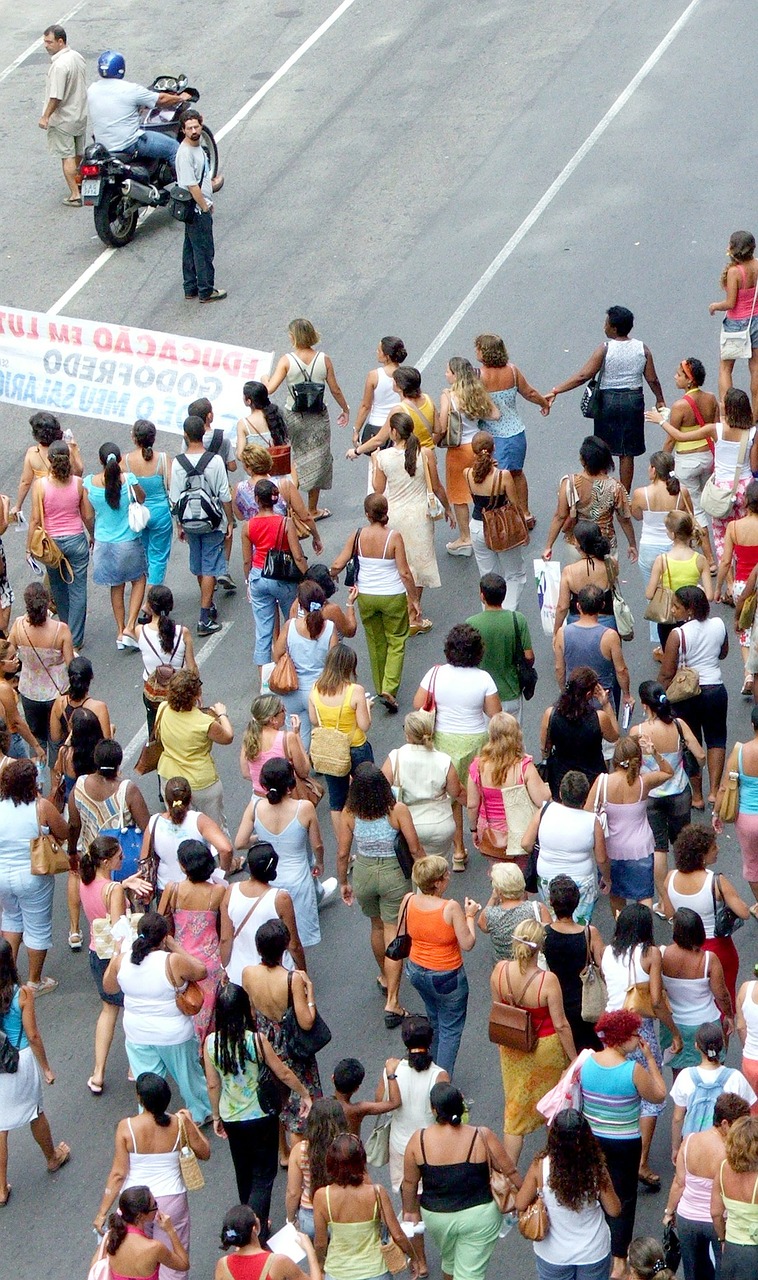This project is part of work package No. 6 of the research network “The Global Challenge of Human Rights Integration: Towards a Users’ Perspective” HRIntegration IAP.
The project studies both the legitimacy and the legal tools for the simultaneous accommodation and control of divergence in human rights law. It examines the work of global and regional monitoring bodies.
Supervision: Prof. Dr. Eva Brems
Researcher: Valeska David
Sponsored by the Belgian Science Policy Office (BELSPO)
It is submitted that human rights law can be interpreted and applied with enough flexibility so as to account for different contexts, needs and values. In our globalised and plural world, the diversity that challenges the inclusiveness of human rights norms arise from distinct (cultural) identities as much as from socio-economic disparities. The demands for ‘contextualization of human rights’ actually encompass more than issues of cultural difference. However, human rights claims grounded in the idea of ‘difference’ and cultural identity have become particularly influential. Human rights organs are more attentive to issues of cultural difference and identity-based oppression. They have devised various legal tools to accommodate this diversity.
 As legal claims on cultural identity and difference have been successful in obtaining ‘particular’ rights or attuned normative responses, they have also been used to advance socio-economic equality concerns. In this way, demands for ‘recognition’ are frequently intertwined with demands for ‘redistribution’. At the same time, the identity-based trend in law and politics has been criticised for displacing issues of socio-economic equality while failing to account for the relationship between our various identities. Whilst the cultural sensitiveness of (quasi) judicial human rights bodies has attracted significant interest, less attention has been paid to the interaction between this legal phenomenon and the advancement of socio-economic equality claims.
As legal claims on cultural identity and difference have been successful in obtaining ‘particular’ rights or attuned normative responses, they have also been used to advance socio-economic equality concerns. In this way, demands for ‘recognition’ are frequently intertwined with demands for ‘redistribution’. At the same time, the identity-based trend in law and politics has been criticised for displacing issues of socio-economic equality while failing to account for the relationship between our various identities. Whilst the cultural sensitiveness of (quasi) judicial human rights bodies has attracted significant interest, less attention has been paid to the interaction between this legal phenomenon and the advancement of socio-economic equality claims.
The research aims at exploring this interaction. The research discusses the accommodation of diversity and the extent to which this (does not) serves to account for socio-economic concerns. Does the accommodation of identity/cultural claims lose sight of our distinct identities and our socio-economic struggles? The research examines the opportunities and limitations of t he legal tools employed by regional and universal human rights bodies to deal with identity-based claims involving socio-economic rights.
he legal tools employed by regional and universal human rights bodies to deal with identity-based claims involving socio-economic rights.